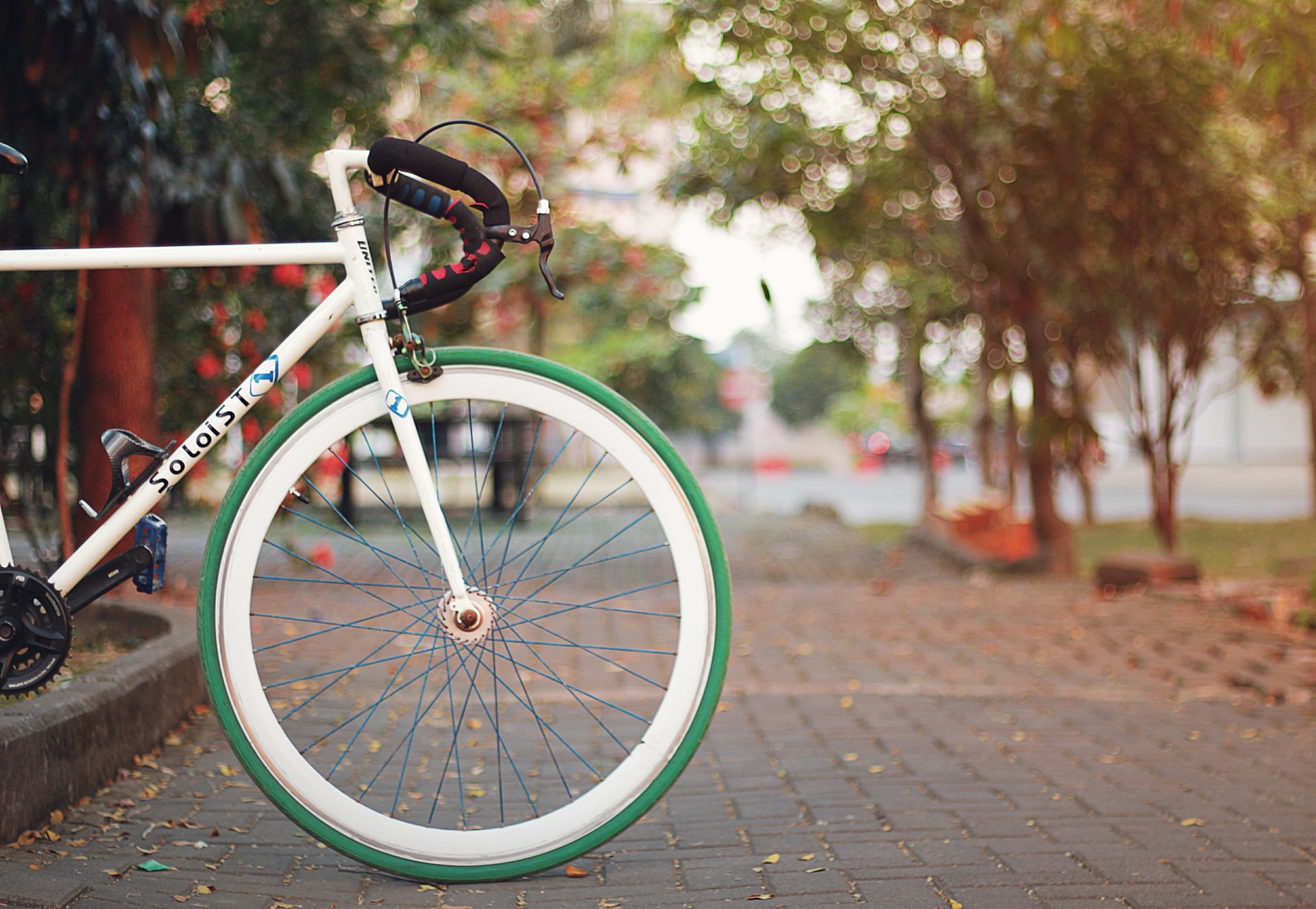 Alternative drives, automated driving or the consequences of the pandemic – the mobility of German citizens is changing. How has Corona changed mobility behavior?
Alternative drives, automated driving or the consequences of the pandemic – the mobility of German citizens is changing. How has Corona changed mobility behavior?
Which measures for better environmental and climate protection and sustainability in the transport sector do the respondents support? What is the actual uptake of electric vehicles and what are the hurdles to their purchase? How do respondents rate the safety of the new digital assistance systems?
And what impact will the planned legalization of cannabis have on road traffic? The new “TÜV Mobility Study 2022” answers these and other questions.

Car and bicycle are Corona winners – public transport loses out
According to the results of the survey, the Corona pandemic has strengthened the position of the car as the most important means of transport. 72 percent of German citizens use a car on a normal working day.
This represents an increase of 7 percentage points compared to the beginning of 2020, before the outbreak of the pandemic. 32 percent ride a bicycle on a working day (plus 3 points). This means that cycling has displaced public transport from second place. 25 percent use public transportation on workdays, a decrease of 7 points. 5 percent ride a motorcycle or scooter (up 2 points).
“Individual transportation by car, bicycle or motorcycle is gaining. In contrast, many people avoided buses and trains during the pandemic for fear of contagion,” Buehler said. “But that doesn’t mean that respondents wouldn’t want and use more attractive mass transit.”
People want mobility to be more climate-friendly
The study shows that most citizen:s find it very difficult to make their mobility more environmentally and climate friendly. “People have recognized that our transportation system is reaching its limits, but they are reluctant to adjust their behavior,” Bühler said.
Respondents identified the biggest problems with road transport as congestion in city centers, air pollution, climate pollution and too many traffic jams. Fifty-four percent said environmental and climate protection played a role in their mobility decisions. But if you ask what is particularly important to people when it comes to their own mobility, flexibility, speed and reliability are in the top three places.
Yet: environmental protection lands at the bottom
These are followed by the factors of safety, cost, movement and comfort. Protecting the environment lands at the bottom. Many activities such as shopping or excursions are too burdensome for those surveyed without their own car, 55 percent of car owners state.
Und es fehlt an Alternativen. Der Öffentliche Nahverkehr ist für 50 Prozent und das Fahrrad für 35 Prozent nicht verfügbar oder zu unsicher. Auch an ausreichenden Carsharing-Alternativen mangelt es, sagen 30 Prozent.
Other interesting facts from the mobility study: Electric scooters are cool among young people – but rather uncool in terms of road safety, according to a study published today by TÜV. Also a topic of the study: Cannabis in traffic. more on this in the new TÜV study
